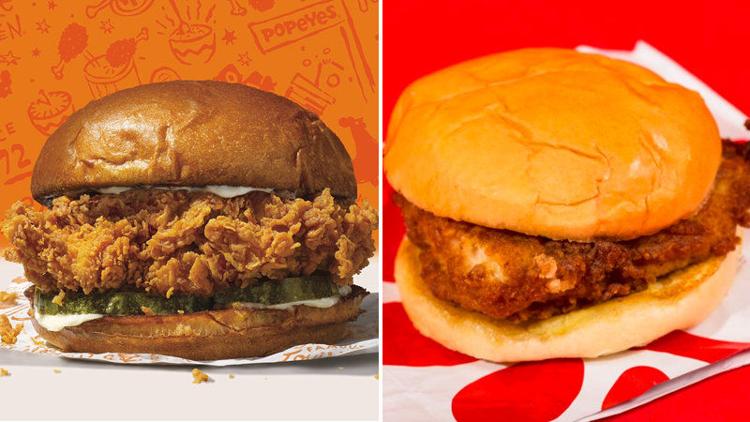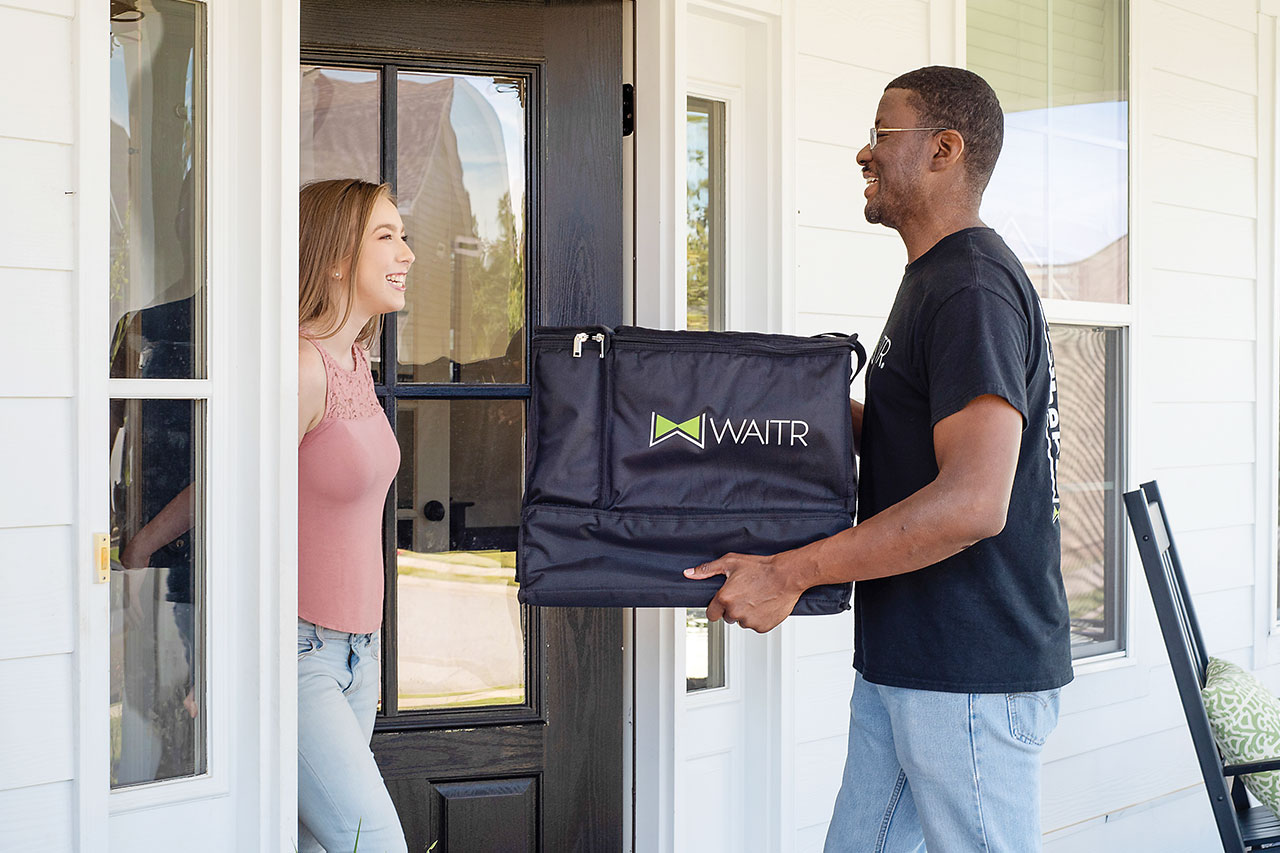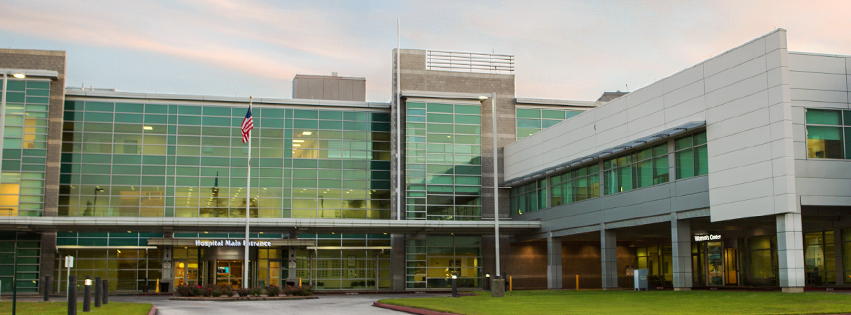
Local Volleyball Tournaments to Be a Boost to Area Economy
August 22, 2019
Sandwich War: Locals debate Popeyes or Chick-fil-A
August 22, 2019MANY LOCAL RESTAURANTS HAVE OPTED OUT OF RESTRUCTURING NEW CONTRACTS
Roughly 35 local restaurants banded together last month to boycott the food delivery service Waitr.
The blackout of Waitr was initiated after the company notified their partnered restaurants on July 1 that their transaction rates will go up, even though those restaurants were still under contracts that contained different agreed upon rates. By Aug. 1, restaurants owners had to comply with Waitr’s terms, or no longer be able to use their services.
During the blackout, customers were not able to order any food from the participating restaurants through the Waitr app.
Restaurants in the Bayou Region were not alone; establishments in the Baton Rouge and Lafayette areas boycotted the company, too.
Some have even taken legal action against Waitr.
On July 22, Waitr asked a Louisiana federal court to drop a class-action lawsuit by Bobby’s Country Cookin’ that claims Waitr broke its contractual obligation to customers. The litigation is still pending at press time.
Some local voices were heard by Waitr.
Big Mike’s BBQ Smokehouse – which was the first to go black during the boycott – remains accepting deliveries on the app at press time in early August.
Many other area establishments remain visible on the app as well. However, some of those listed, such as Honey Baked Ham, Your Pie and Auntie Anne’s – that all boycotted Waitr – remain unavailable for ordering through the app, at press time.
Other establishments that were on the app before the boycott remain completely off it, including Zack’s Famous Frozen Yogurt, Griffin’s Louisiana Grille and Pinocchio’s Pizza Playhouse, just to name a few.
When Waitr first arrived in the area, restaurant owners had a choice to pay no upfront fees and give the service 25 percent of the money earned from food ordered through the service. However, food establishments could make up those costs by raising the prices for the food on the app’s menu.
Another option for establishment owners was to pay Waitr $1,500 upfront, which allowed businesses to only have to pay a 15 percent fee – which several area restaurants chose. Some owners even paid more, depending on when they signed.
But on Aug. 1, Waitr implemented a new sliding scale system, in which restaurants that are within the monthly threshold of $0-$1000 in Waitr transactions will pay a 25 percent fee. The rates decrease from there, with the lowest being 15 percent if the restaurant earns between $20,000 to $1,000,000 in Waitr sales per month — which most smaller restaurants can’t achieve. These higher rates concern owners as most restaurants already have low profit margins on food.
In addition to the new scale, Waitr added a 3 percent credit card transaction fee.
Also, according to the new agreement, prices for food items on Waitr must match the current in in-house menu, call-in and online prices of the restaurants, effectively not allowing tahem to make up the transaction fees, but Waitr later notified some owners that that stipulation would be flexible.
Owners had to agree with these terms, regardless if they paid the upfront $1500 or not.
The Lake Charles-based Waitr was founded by Chris Meaux, who sold the company to Houston Rockets’ owner Tilman Fertitta for $308 million in May of 2018. The company went public later that year in November, but its stocks have dropped 61.61 percent in the last 12 months as of Aug. 7, according to pressrecorder.com.
Meaux, who had remained as CEO, was removed from said position on August 8.
Plus with a crowded market thanks to other national food delivery services such as DoorDash (which at press time has approximately 80 Houma-Thibodaux area restaurants listed on its app), Grubhub and Uber Eats, the company’s future could be blacked out. •










